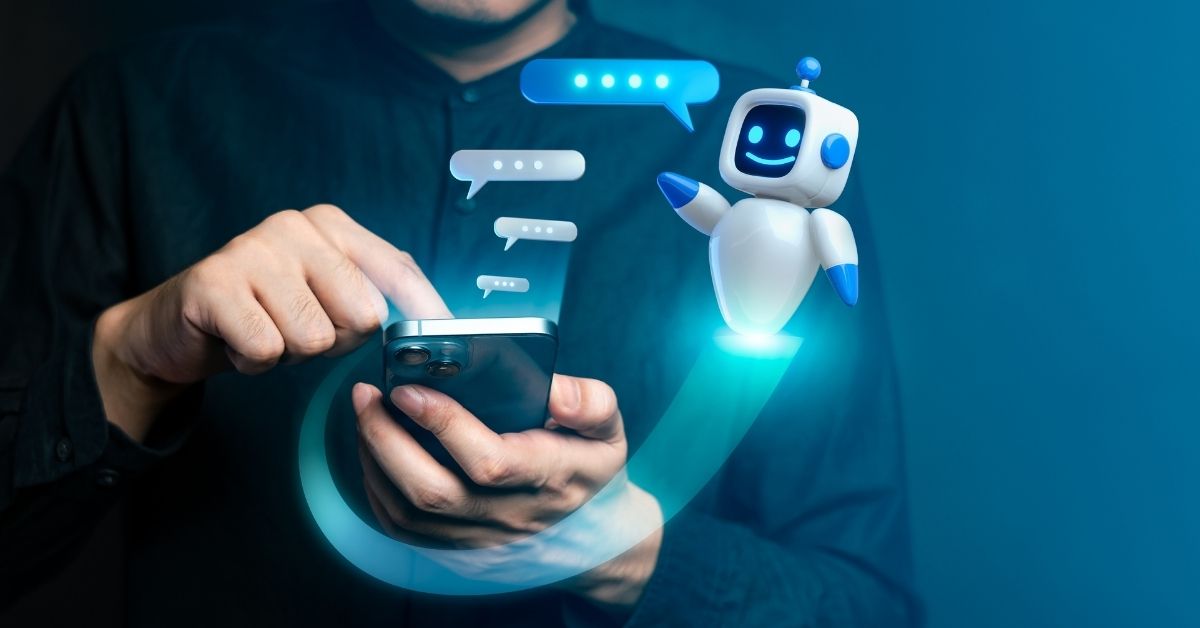The Future of AI: From Room-Sized Machines to Pocket-Sized Supercomputers

It’s truly breathtaking to consider the trajectory of computer science, particularly the explosion of artificial intelligence, over the past half-century. We’ve witnessed a transformation that feels less like a linear progression and more like a quantum leap.
Think about it: it took decades to go from the first rudimentary mechanical calculators to the behemoth vacuum-tube computers of the mid-20th century. But from those room-sized giants to the pocket-sized supercomputers we carry today, the journey has spanned a mere handful of decades, a testament to the exponential nature of technological advancement.
This rapid acceleration has brought us to the doorstep of a new era, where AI is no longer a science fiction fantasy but a tangible force shaping our world. So, where does this powerful technology truly shine? And where do we, as humans, still hold the upper hand?
Humans vs. AI: Which is better?
Humans and AI each have specific strengths and weaknesses. Understanding the limitations of both people and AI means a better working relationship and improved outcomes for organizations.
3 Areas AI is Better than Humans
AI is better than humans in three main areas: pattern recognition, automation, and speed. In more detail, that looks like:
- Data Processing and Pattern Recognition: AI thrives on vast datasets, identifying patterns and correlations that would be impossible for humans to discern. Think of fraud detection, medical image analysis, and personalized recommendations.
- Automation and Repetitive Tasks: AI excels at automating mundane and repetitive tasks, freeing up human potential for more creative and strategic endeavors. This includes everything from manufacturing processes to customer service chatbots.
- Speed and Efficiency: AI can process information and make decisions at speeds far exceeding human capabilities, enabling real-time analysis and rapid response.
3 Areas Humans are Better than AI
On the other hand, humans are still better than AI in critical areas like: creativity, empathy, and critical thinking. In more detail, that looks like:
- Creativity and Innovation: While AI can generate content and even art, it lacks the genuine spark of human creativity and the ability to conceive truly novel ideas.
- Emotional Intelligence and Empathy: AI struggles to understand and respond to complex human emotions, a crucial aspect of communication and collaboration.
- Critical Thinking and Ethical Judgment: Humans possess the capacity for nuanced judgment, ethical reasoning, and the ability to navigate complex situations that require understanding context and considering moral implications.
Finding the Right Fit: Applications Well-Suited for AI
The key to leveraging AI effectively lies in identifying applications where its strengths align with the task at hand. For example, AI is well-suited for:
- Analyzing large datasets to identify trends and insights.
- Automating repetitive tasks to improve efficiency.
- Providing personalized recommendations and experiences.
When evaluating applications, it's also crucial to keep a close eye on what similarly sized and tech-focused companies are doing with their tech stacks. How are they positioning their AI and how are they talking about it? This provides valuable insight into industry trends and best practices.
The Complementary Nature of Intelligence
As mentioned above, research shows that “while AI excels in certain areas, human cognition remains unmatched in others, making these two forms of intelligence complementary rather than competitive.” This is a vital point to remember. We must move away from the notion of AI replacing humans and embrace the idea of AI augmenting human capabilities.
The Human Touch: A Matter of Perception
We often place a higher value on human decisions and subject AI decisions to greater scrutiny. Consider the example of resume filtering. While we might criticize an AI for potentially overlooking pertinent information, we rarely apply the same level of scrutiny to human recruiters, who may rely on subjective criteria. This highlights a fundamental bias in our perception of AI, where we hold it to a higher standard than ourselves.
This difference in perception is important. Humans are allowed to be subjective, and that subjectivity is often viewed as a positive. AI is not allowed to be subjective, and that lack of subjectivity is often viewed as a negative.
Ultimately, the future of AI lies in finding the right balance between human and artificial intelligence, recognizing their respective strengths and leveraging them to create a more efficient, innovative, and equitable world.
For a crash course on AI, machine learning, and more, check out Fama's AI Academy!
Get the Newsletter
Recent Blog Posts

New FCA Guidance for Non-Financial Misconduct: What Firms Need to Know





.png)



